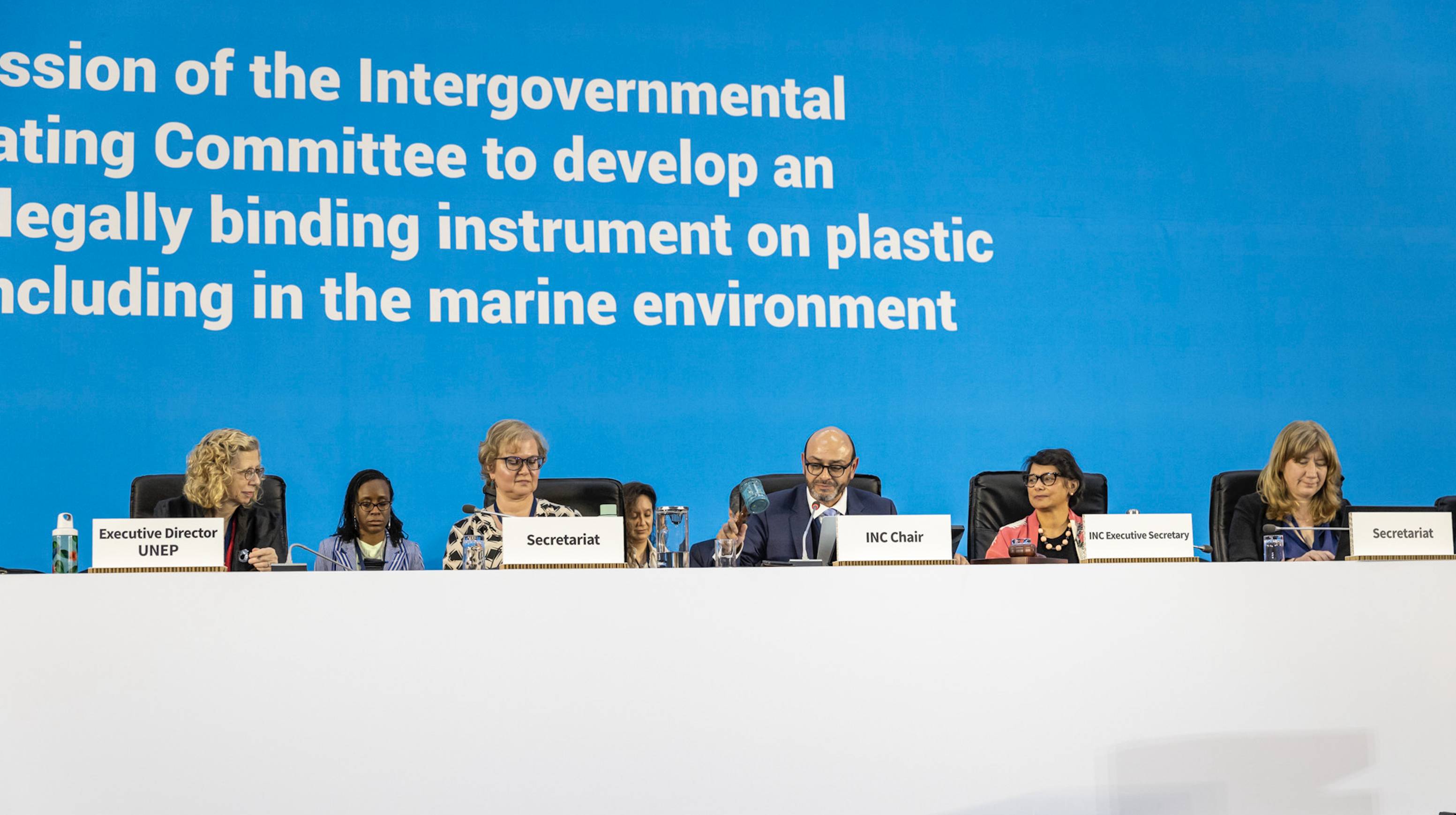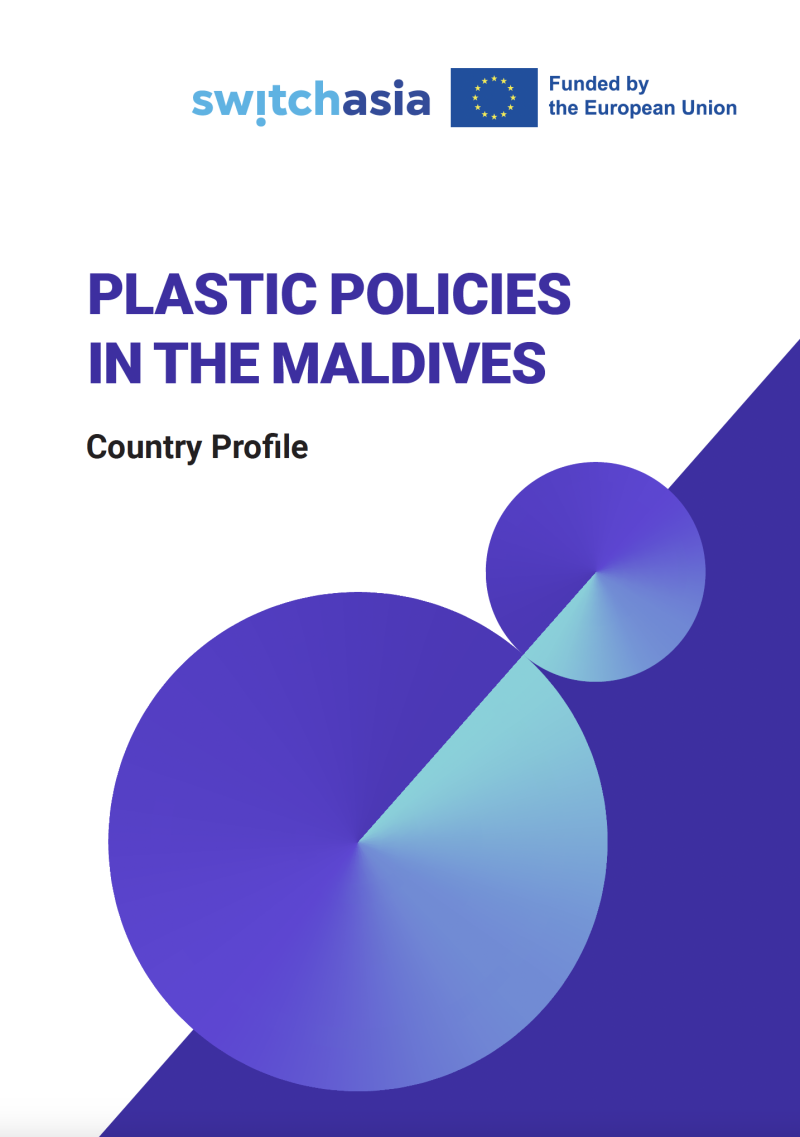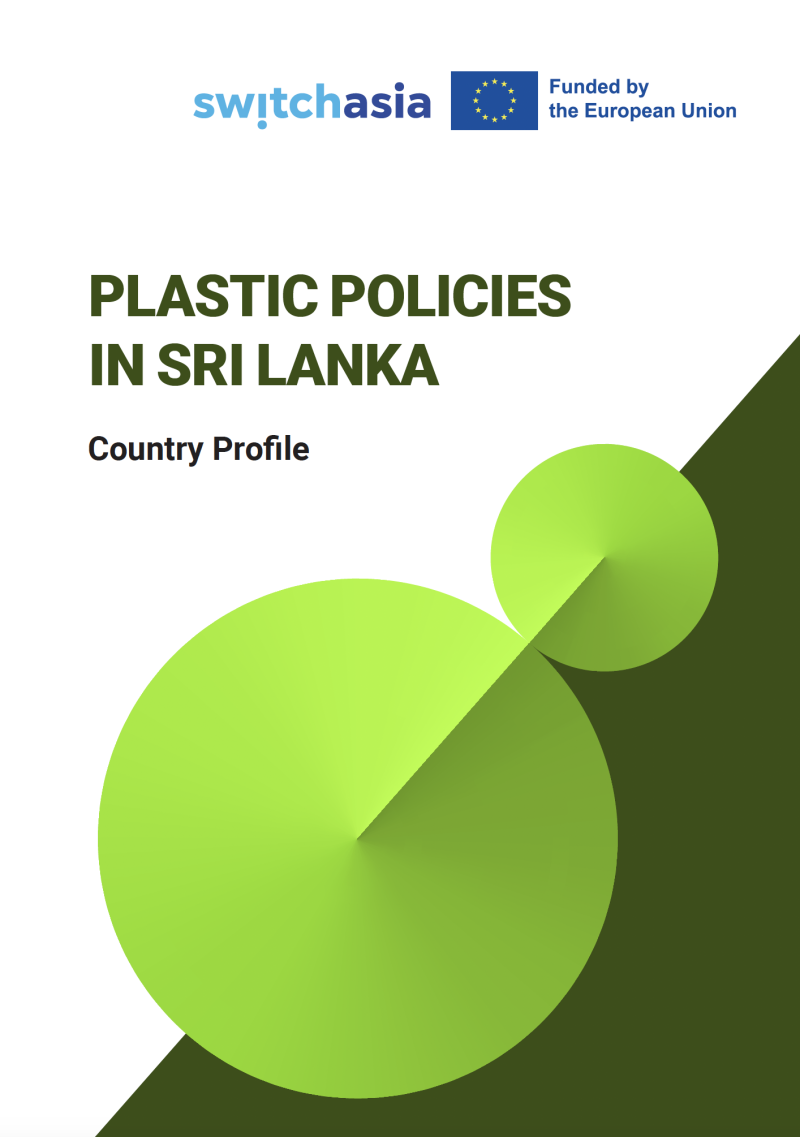
On Monday, November 25, the fifth and final round of negotiations on a Global Plastic Treaty begins in Busan, South Korea. Delegates are tasked with the significant challenge of finalising a treaty text for adoption at next year’s diplomatic conference. While progress has been made, reaching consensus on a comprehensive agreement remains uncertain.
The journey toward this treaty began in February 2022 when the United Nations Environment Assembly adopted Resolution 5/14 "End Plastic Pollution: Towards an International Legally Binding Instrument. This landmark resolution set the stage for a global commitment to address plastic pollution, including its impact on marine environments. Since then, the Intergovernmental Negotiation Committee (INC) has convened four times -- in Punta del Este (November 2022), Paris (May 2023), Nairobi (November 2023), and Ottawa (April 2024).
Progress and Challenges
Despite steady efforts, progress has been incremental. Discussions at INC-1 in Punta del Este outlined the potential scope, objectives, and structure of the treaty. This was followed by the preparation of an options paper for INC-2 in Paris. However, negotiations at INC-2 were hampered by disagreements over decision-making rules in draft rules of procedures, delaying substantive progress. Eventually, the negotiation chair has been mandated to prepare a Zero Draft for the future treaty.
INC-3 in Nairobi marked by discussions on the Chair’s Zero Draft, which included key elements such as objectives, principles, scope as well as provisions on means of implementation (e.g. financing), implementation measures (e.g. national plans), supplementary measures (e.g. awareness raising) and institutional arrangements. Equally important, it contained material provisions to combat plastic pollution that covered the entire life-cycle of plastics and plastic products, ranging from provisions on the production of primary plastic polymers and chemicals of concern over provisions on avoidable and problematic plastic products and product design to provisions on waste management and just transition. Ultimately, the delegations entrusted the Chair with the task of presenting a revised Zero Draft at the next INC. However, this outcome fell short of the expectations of many delegations and observers who had hoped for a mandate to develop a First Draft of the future treaty. Additionally, the lack of agreement on intersessional work, which could have facilitated progress on more complex issues, was seen as a missed opportunity by several stakeholders.
At INC-4 in Ottawa, textual negotiations on a revised Zero Draft resulted in a 70-page compilation of draft treaty text with over 3,500 unresolved ‘brackets’ (i.e. not agreed text). While consensus emerged on some issues, such as product design and waste management, divisions remained over plastic production and chemicals of concern. The agreement to initiate intersessional work on financial mechanisms and criteria for chemicals was a significant, albeit delayed, step forward.
All provisions remained under consideration; however, delegations expressed strong differences of opinion on issues related to plastic production and chemicals and plastics of concern. Despite these divisions, some alignment emerged on topics such as minimum requirements for product design, the phase-out of high-risk plastic products, Extended Producer Responsibility schemes, plastic waste management, and just transition strategies. Ultimately, delegations reached consensus to mandate intersessional work on financial mechanisms and criteria for addressing plastic products and chemicals of concern—a decision long anticipated in earlier negotiation rounds.
Expectations for Busan
As INC-5 begins, the outlook is mixed. A simplified text, consulted with the states and posed by the new negotiation Chair, aims to streamline discussions, but reactions are uncertain. However, states might reject the proposed new text, arguing that their perspectives have not been sufficiently taken into account. Alternatively, they could call for a comprehensive review and amendments, potentially prolonging and complicating the negotiations and the text to the point where finalisation in Busan becomes unfeasible.
Two recurring challenges in the negotiation process further undermine the likelihood of success in Busan. First, the key divisions are expected to persist and may even deepen compared to the previous INC, particularly in Ottawa, where discussions were already notably contentious. High-ambition nations support worldwide, uniform, legally enforceable policies that address the full lifecycle of plastics, such as limiting the manufacturing of primary plastics and provisions on chemicals and polymers of concern. In contrast, low-ambition countries favour voluntary, nationally determined approaches tailored to their circumstances and focused primarily on waste management. Second, the lack of agreement on voting procedures adds further uncertainty. Without a clear decision-making framework, finalizing a treaty text for the diplomatic conference may prove challenging.
National Initiatives and the Role of SWITCH-Asia
During these global debates, many countries are stepping up their own efforts to tackle plastic waste. Policies such as bans, tariffs, and product standards are being introduced around the world, indicating a greater commitment to addressing the issue at the national level.
The SWITCH-Asia Programme supports these initiatives through developing Plastic Policy Country Profiles. These profiles offer insights into policy frameworks affecting plastic management, outline key policies, spotlight private sector innovations, and suggest strategies for improvement. They also examine how a Global Plastics Treaty could enhance national efforts. Profiles for Maldives and Sri Lanka have already been published, with upcoming profiles planned for Kazakhstan, Vietnam, Indonesia, and the Philippines.


Photo credit: UNEP. Republic of Korea. INC-5 Plenary Hall


